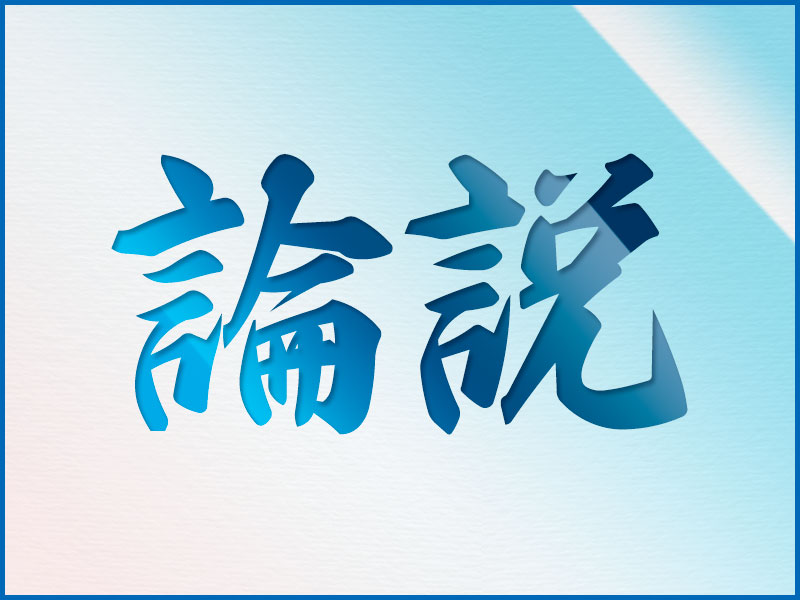Tomato Trouble: LA Importer Braces for Impact of Incoming Tariffs
The hum of pre-dawn Los Angeles is punctuated by the rumble of trucks at theSystemColorsWholesale Produce Market. Melquiades Flores, owner of M&M Tomatoes and Chile Company, is starting his day just as the city awakens. Flores, a 40-year resident of Los Angeles originally from Morelos, Mexico, is deeply rooted in the city’s vibrant fresh produce scene. His business, a testament to the American Dream, is built on importing the "Produce of Mexico" label – mainly tomatoes and chilies – that find their way onto tables in homes, restaurants, and hotels across LA.
But a shadow hangs overFlores’ endeavor. As President-elect Donald Trump prepares to impose a 25% tariff on imports from Mexico and Canada, and a 10% tariff on Chinese goods starting January 20th, uncertainty looms large.
“People will have to pay a higher price. Whatever they charge us, we will pass on to the consumer," Flores said calmly, aware of the inevitable ripple effects. While California’s chili season typically picks up from August to November, the reliance on Mexican imports during the off-season is crucial to keeping supply chains running.
For Flores, the potential impact is deeply personal. "Any tariff is an added tax that impacts all of us, including those who buy a pound, two pounds, or a thousand or 10,000 pounds," he explained, emphasizing the cascading effect on consumers at every level. “The president should have first seen how much this will impact everyone before speaking," Flores remarked, expressing his concern about the lack of forethought behind the proposed tariffs.
Flores’ concerns echo anxieties in Mexico, Canada, and China, where officials and major industry groups warn of potential economic repercussions, including inflation and job losses. The story of M&M Tomatoes and Chili Company is just one thread in a complex web woven by trade dynamics, reflecting the real-world anxieties of a globalized economy facing potentially turbulent times.
**How might the proposed tariffs on imported tomatoes disproportionately affect low-income consumers who rely on affordable produce options?**
## World Today News: Tomato Trouble Roundtable
**Host:** Welcome to World Today News’ roundtable discussion on the potential impact of incoming tariffs on the fresh produce industry. Today, we’re joined by Melquiades Flores, owner of M&M Tomatoes and Chile Company in Los Angeles, and Dr. Ana Garcia, an economist specializing in international trade and its effects on local economies. Welcome both!
**Flores:** Thank you for having me.
**Dr. Garcia:** It’s a pleasure to be here.
**Section 1: The Human Face of Trade**
**Host:** Mr. Flores, your company is a powerful example of the interconnectedness of the global food system. You’ve built a successful business importing produce from Mexico. Can you tell us more about the importance of these imports, not just for your business but for the broader Los Angeles community?
*How* have these imports impacted your business and the
lives of your employees?
**Host:** Dr. Garcia, from an economic standpoint, what are the wider implications of these import/export relationships?
**Section 2: The Tariff Dilemma**
**Host:** Mr. Flores, the looming tariffs are creating a lot of uncertainty. You mentioned the inevitable increase in prices.
Can you elaborate on the specific challenges these tariffs pose for your business, and how these changes might affect your ability to provide fresh produce to Los Angeles consumers?
**Host:** Dr. Garcia, while some argue that tariffs can protect domestic industries, others warn of potential negative consequences like inflation and job losses. Can you explain the economic arguments for and against the proposed tariffs, specifically focusing on the agricultural sector?
**Dr. Garcia:**
**Host:** How might these tariffs impact consumer behavior, Mr. Flores? Are there alternative sourcing options for you, and what are the potential drawbacks of these alternatives?
**Section 3: Finding Solutions**
**Host:** This situation raises important questions about the balance between domestic economic protection and the benefits of international trade. Dr. Garcia, what policy solutions or alternatives might be explored to address these concerns while minimizing negative
**consequences?**
**Host:** Mr. Flores, what message would you like to send to policymakers regarding the potential impact of these tariffs on small businesses like yours and the communities they serve?
**Section 4: Looking Ahead**
**Host:** As we move forward, both domestically and internationally, what are your greatest hopes and concerns regarding the future of the fresh produce industry in light of these trade tensions?
**Host:**
Thank you both for sharing your valuable insights. This conversation underscores the complex web of interconnectedness within our global economy, and the tangible impact that trade policies can have on individuals and communities.
**We encourage our viewers to consider these issues and engage in informed discussions about the future of trade and its implications for us all.**


